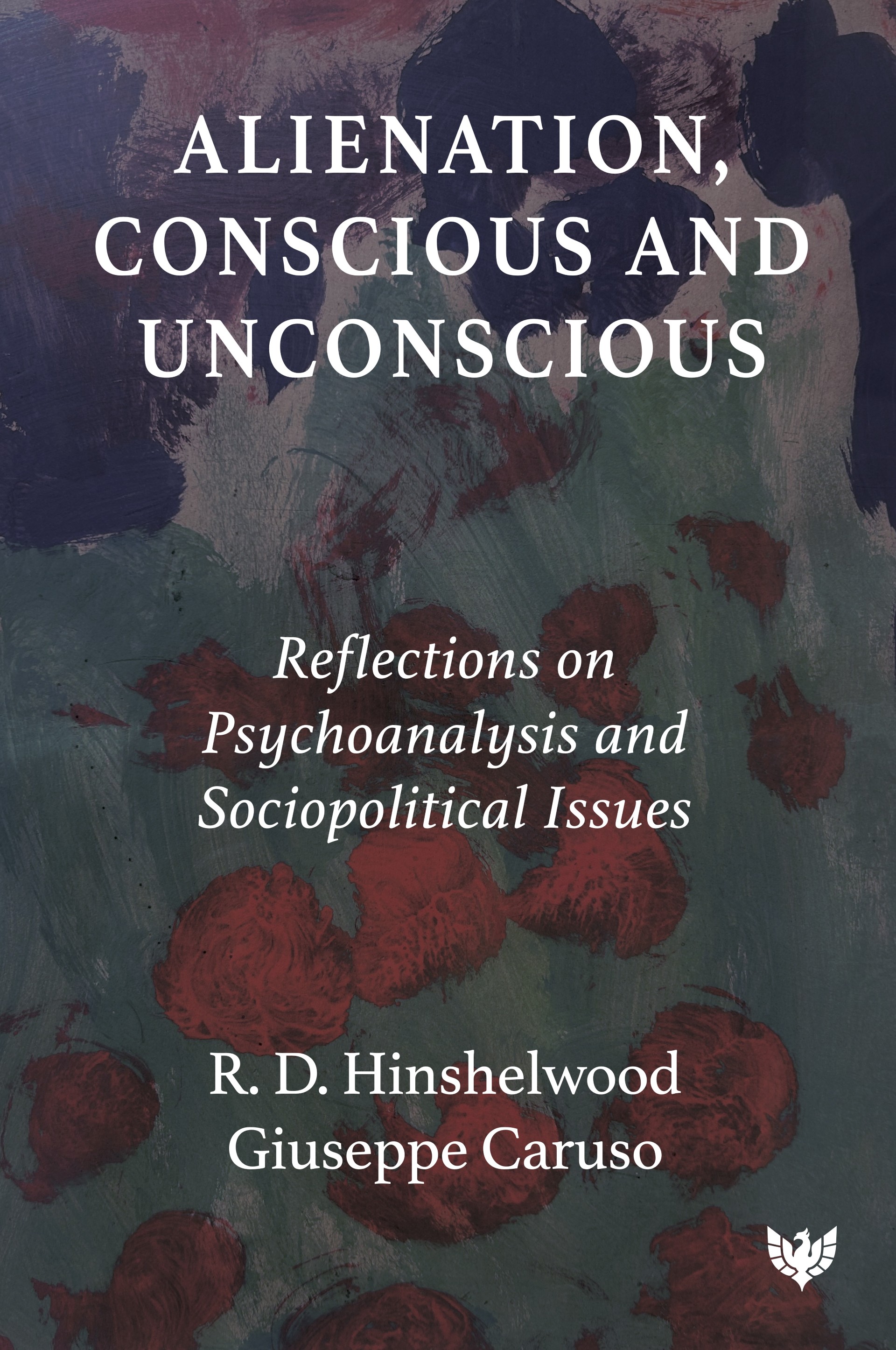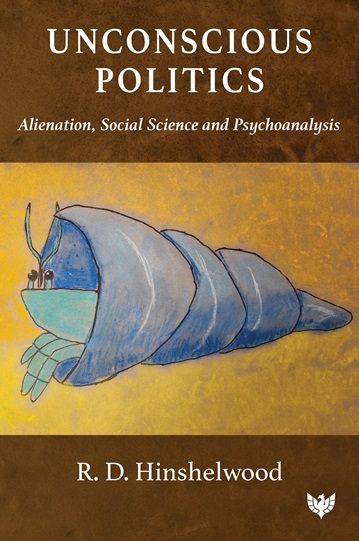Therapy or Coercion: Does Psychoanalysis Differ from Brainwashing?

Book Details
- Publisher : Routledge
- Published : 1997
- Cover : Paperback
- Pages : 272
- Category :
Reprinting - Category 2 :
Psychoanalysis - Catalogue No : 4188
- ISBN 13 : 9781855751439
- ISBN 10 : 1855751437
Also by R.D. Hinshelwood
There are currently no reviews
Be the first to review
This book questions whether 'autonomy' is a pivotal psychotherapeutic value. Basing his discussion upon the key Kleinian concept of 'projective identification', the author argues that 'integration' should be the aim of psychoanalysis, and - furthermore - that actions can be judged ethical or unethical according to whether they foster or hinder integration.
Reviews and Endorsements
'Psychoanalytic and psychotherapeutic ethics are increasingly under scrutiny. In this major contribution, Hinshelwood questions autonomy as a pivotal psychotherapeutic value. How can we speak of autonomy, he asks, when the self is split, and projected, or, in his term, "spread" around the individual. Basing his discussion around the Key Kleinian theme of projective identification (a phrase which Hinshelwood dislikes, despite seeing the process as central to psychoanalytic work), he argues that integration should be the aim of psychoanalysis, and that acts can be judged as ethical or unethical according to whether they foster, or hinder, integration. Using an image of a bumped car from a patients dream, Hinshelwood sees moving as a metaphor for psychoanalytic change - both in its emotive and translocationary sense, and, when necessary, with the challenge and creative aggression that the term also implies. He contrasts this with collusive - in his terms, unethical - therapy, in which the therapists or psychiatric units are content permanently to contain parts of the patient's projected self - for example their competence, ability to think or nurture themselves - and do nothing to try to help reintegrate such projections.
'Hinshelwood has already established himself as a leading exponent of Kleinian psychoanalysis. This is perhaps his most original and personal work to date, and is a showcase for his unique virtues as a thinker and writer, now at the height of his powers. His dogged determination to follow ideas through to their conclusions, his honesty and modesty, his wider vision of the contribution of psychoanalysis to group therapy and therapeutic community, combined with huge clinical experience and fingertip knowledge of the Kleinian literature, make him an outstanding figure in British psychoanalysis. This book is destined to become a classic, and will be widely admired within the psychoanalytic and philosophical communities.'
- Jeremy Holmes, M.D., FRCPsych
About the Author(s)
R.D. Hinshelwood is a Fellow of the British Psychoanalytical Society and a Fellow of the Royal College of Psychiatrists. He had a long interest in alternative psychiatry and worked as a part-time Consultant Psychotherapist in the National Health Service whilst also running a private practice as a psychoanalyst for more than forty years. Subsequently he became professor in the Centre For Psychoanalytic Studies at Essex University (now the Department of Psychosocial and Psychoanalytic Studies), and is now Professor Emeritus. He has written widely on psychoanalysis and psychoanalysts, as well as comparative psychoanalytic research, the psychodynamics of institutions, and a number of political topics (that make up the contents of this current volume).
Customer Reviews
Our customers have not yet reviewed this title. Be the first add your own review for this title.










